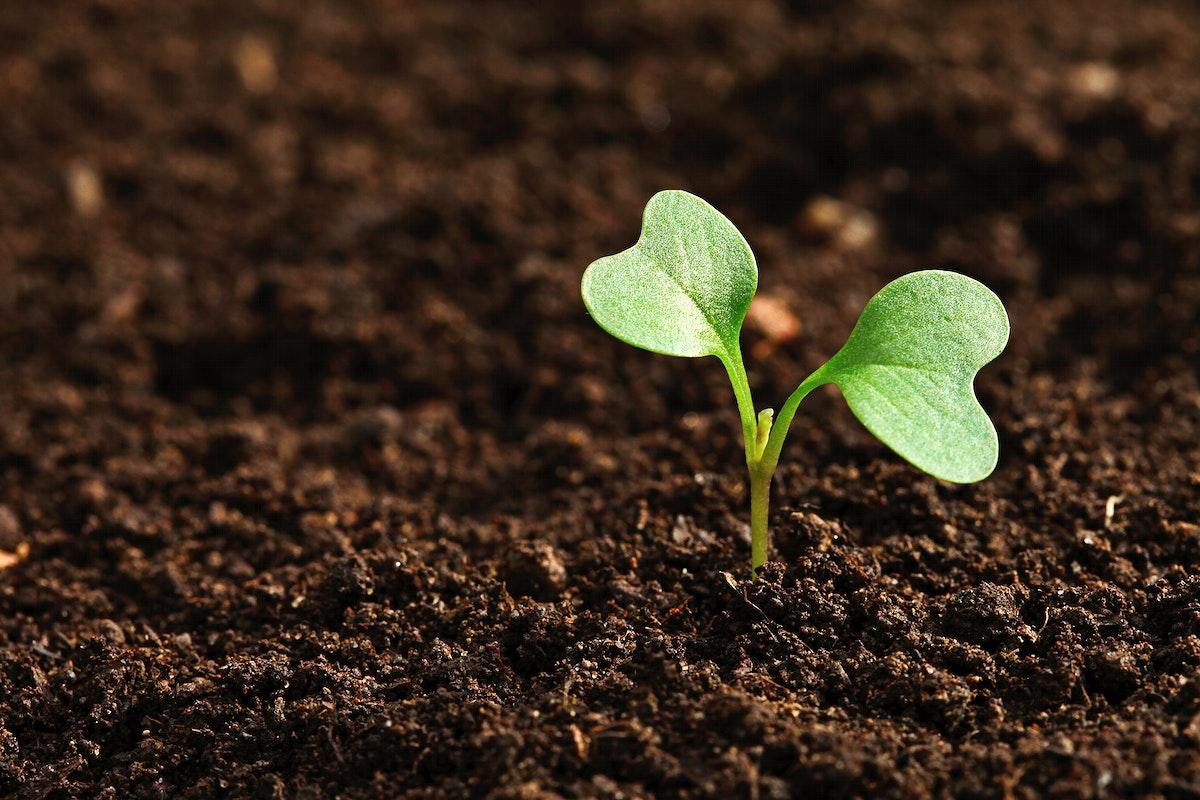
“A Whole New World” (Soil Exploration Unit) Part 3: Compost Community
by Lisa Moberg
Teachers don't talk trash, they talk COMPOST!! Compost is the best way to teach students the value of community as they create a Classroom Compost Program. In this 3-day introductory lesson, students will create a Compost Recipe and Compost Poster. It will conclude with month-long Classroom Composting Project. This lesson will not just reinforce the value of teamwork and community, it will facilitate academic conversations and writing skills. The lesson concludes with a hands-on evaluation of the composting program, emphasizing life science skills and concepts as students dig into their whole new world of compost.
Lesson Plan Link/URL
https://docs.google.com/presentation/d/1MvFqb1IA9MuWmn02xmOeVNgZZkFqGN9w/edit?u…Subject Area
Science Life Science L1: Cells L2: Organisms & Energy Technology 2. Digital Citizen Mathematics Measurement and Data (MD) English Language Arts (ELA) Reading (Literature) Reading (Informational Text) Writing Speaking & Listening
Featured
Off
Related Content

Grades:
Kindergarten, 1st Grade, 2nd Grade
In this lesson, K-2 students will plant seeds and use technology to track the growth of their plants. Through hands-on activities and observation, students will learn about the basic needs of plants

Grades:
Kindergarten, 1st Grade, 2nd Grade, 3rd Grade
Students will participate in a hands-on scientific experiment that addresses the question: "Can you grow plants without seeds?" To further explore this concept, students will actively listen to a read

Grades:
2nd Grade, 3rd Grade
Students will research a biome around the world, including 3 animals, 3 plants, and 3 nonliving parts of the ecosystem. Students will construct a diorama of the biome and illustrate a natural disaster